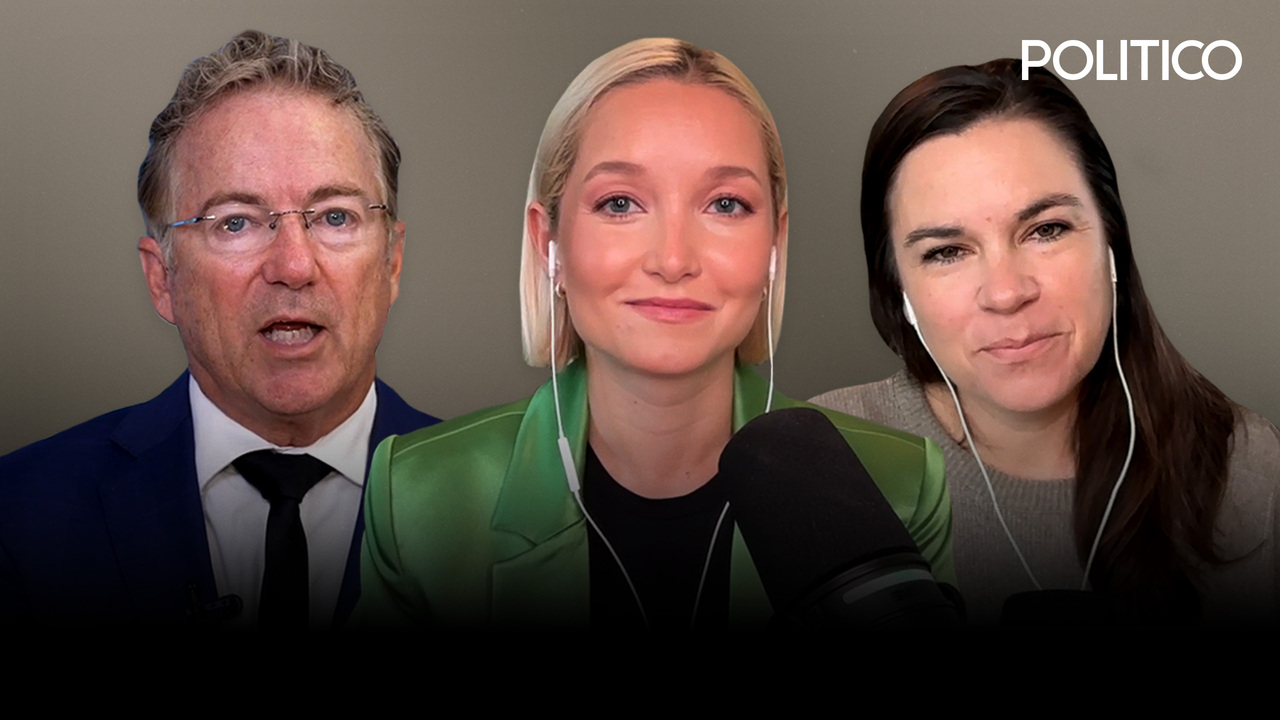Senator Rand Paul and epidemiologist Katelyn Jetelina have joined forces to advocate for increased funding for COVID-19 research and response. Their proposal, stemming from ongoing challenges in managing the pandemic, highlights the need for a robust public health strategy moving forward.
In a statement released on March 15, 2024, the senators emphasized that despite the progress made in vaccination efforts, the threat of emerging variants and public health challenges persists. They argue that a renewed investment in research and public health initiatives is crucial for maintaining progress and ensuring community safety.
Funding Priorities and Strategies
The proposed funding aims to support various initiatives under the auspices of the National Institutes of Health (NIH). This includes research focused on vaccine development, treatment options, and the exploration of long-term effects of COVID-19 on different populations. The senators believe that an enhanced budget will enable scientists and health officials to respond swiftly to new variants and emerging public health concerns.
Senator Paul articulated that without adequate funding, the United States risks falling behind in its ability to combat future outbreaks. He stated, “Investing in research is not just about the present; it’s about preparing for the future.” This sentiment resonates with many health experts who advocate for a proactive approach to public health crises.
Jetelina echoed these sentiments, noting that while the nation has made strides in combating COVID-19, the scientific community must remain vigilant. “We have seen how quickly things can change with this virus,” she remarked. “Continuing to fund research isn’t merely an option; it’s a necessity.”
Challenges in Public Health Response
The push for more funding arrives at a time when several states are experiencing surges in COVID-19 cases, largely attributed to the emergence of new variants. Health officials warn that complacency could lead to another wave of infections, which would place additional strain on an already burdened healthcare system.
Statistics show that vaccination rates have plateaued in many areas, and public fatigue regarding health measures is evident. According to recent data, approximately 60% of the population is fully vaccinated, but many are hesitant to receive booster shots. This highlights the need for targeted public health campaigns to address vaccine hesitancy and promote the importance of ongoing vaccinations.
In their advocacy, Paul and Jetelina are not alone. Numerous public health organizations are calling for similar measures, urging lawmakers to prioritize health funding in the upcoming budget discussions. The senators are hopeful that their collaboration will resonate with both parties and lead to actionable outcomes.
As discussions progress, the focus will remain on how best to allocate resources to ensure a comprehensive and effective public health response. The outcomes of these efforts will be critical in shaping the future of the United States’ approach to infectious diseases and public health crises.


































































